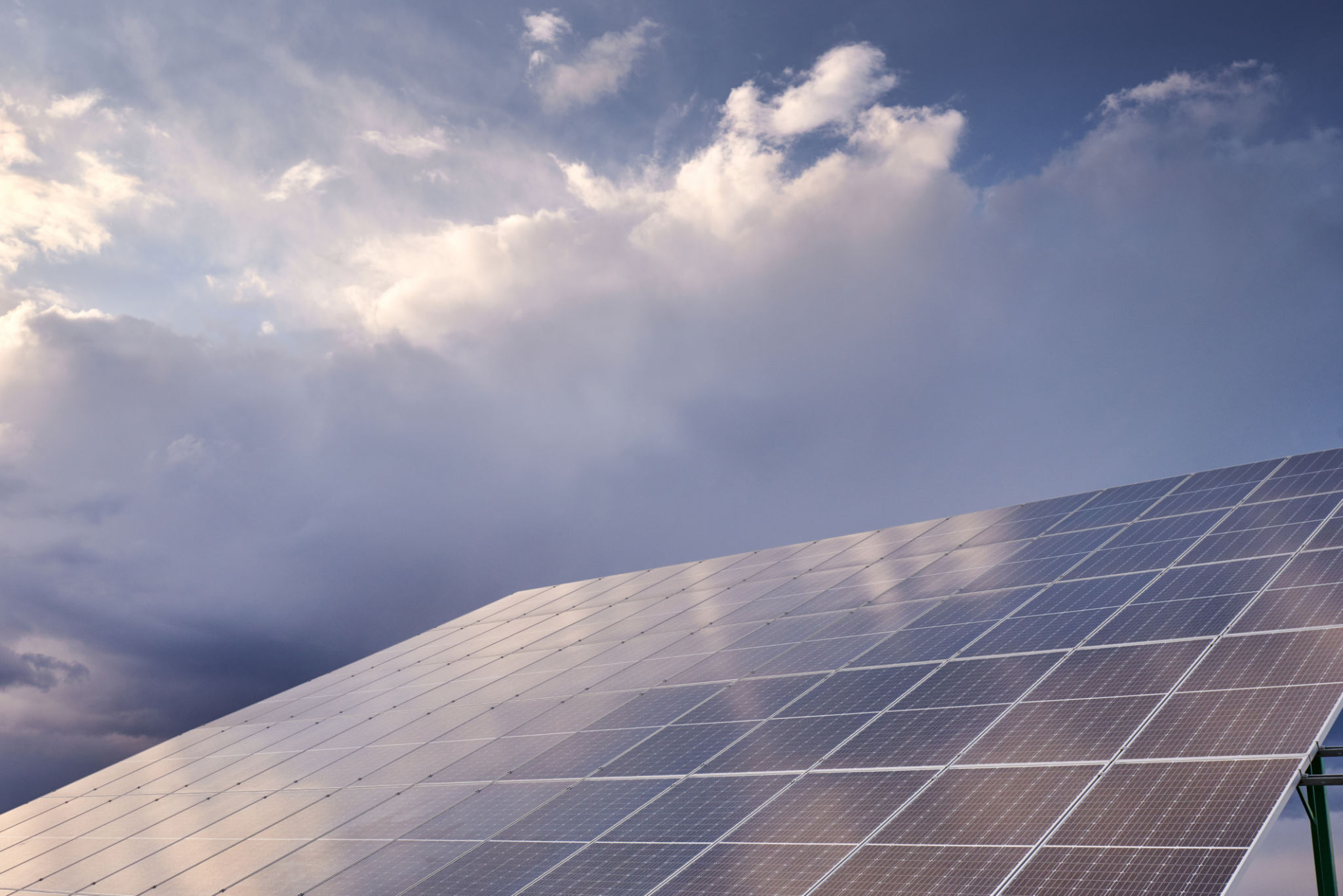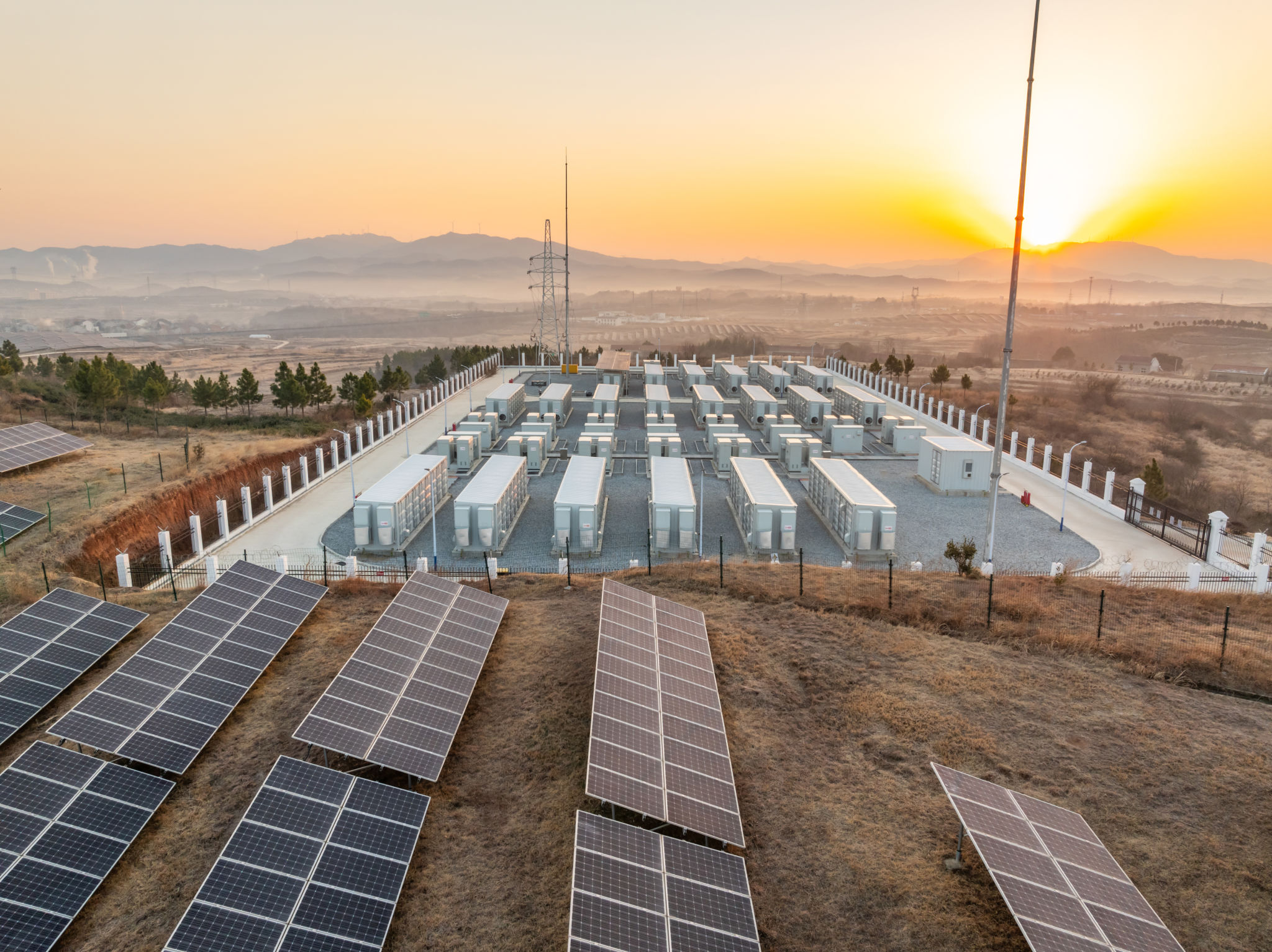Top Myths About Solar Energy Debunked
Solar Panels Only Work in Sunny Climates
One of the most pervasive myths about solar energy is that solar panels only work effectively in sunny climates. While it's true that solar panels are more efficient in direct sunlight, they can still generate electricity on cloudy days. Countries like Germany, known for overcast weather, are leaders in solar energy production.
Solar panels are designed to capture available light, and advancements in technology have improved their efficiency in various weather conditions. Even on cloudy days, solar panels can produce a significant amount of energy, making them a viable option in less sunny areas.

Solar Energy is Too Expensive
Another common misconception is that solar energy is prohibitively expensive. While the initial cost of solar panel installation can be high, prices have decreased significantly over the past decade. Moreover, there are numerous financial incentives available, such as tax credits and rebates, which can help offset these costs.
Additionally, investing in solar energy can lead to substantial long-term savings. By reducing or even eliminating electricity bills, homeowners and businesses can recoup their investment over time. With rising energy costs, the return on investment for solar panels continues to improve.

Solar Panels Require Constant Maintenance
Many people believe that solar panels require extensive maintenance to remain functional. In reality, solar panels are incredibly durable and require minimal upkeep. Most systems come with warranties lasting 20-25 years, and the only regular maintenance needed is occasional cleaning to ensure optimal performance.
Modern solar panels are built to withstand various weather conditions, including hail and heavy winds. Regular inspections can ensure that any potential issues are addressed promptly, but overall, maintenance demands are low compared to other energy systems.

Solar Energy Isn't Reliable
A common myth is that solar energy isn't reliable because it depends on sunlight. However, advancements in solar battery storage have mitigated this concern. Batteries store excess energy generated during sunny periods for use during cloudy days or at night, ensuring a consistent power supply.
This technology allows homeowners and businesses to rely on solar energy even when the sun isn't shining. As battery storage continues to improve, the reliability of solar energy as a primary source of power becomes increasingly feasible.

Solar Panels Are Harmful to the Environment
Some people worry that manufacturing and disposing of solar panels are harmful to the environment. While there are environmental impacts associated with any manufacturing process, the overall lifecycle of solar panels is far less damaging compared to fossil fuels.
Solar panels produce clean energy, reducing greenhouse gas emissions significantly. Additionally, recycling programs for solar panels are expanding, minimizing waste and environmental impact. The benefits of clean energy production outweigh the initial environmental costs of manufacturing.
